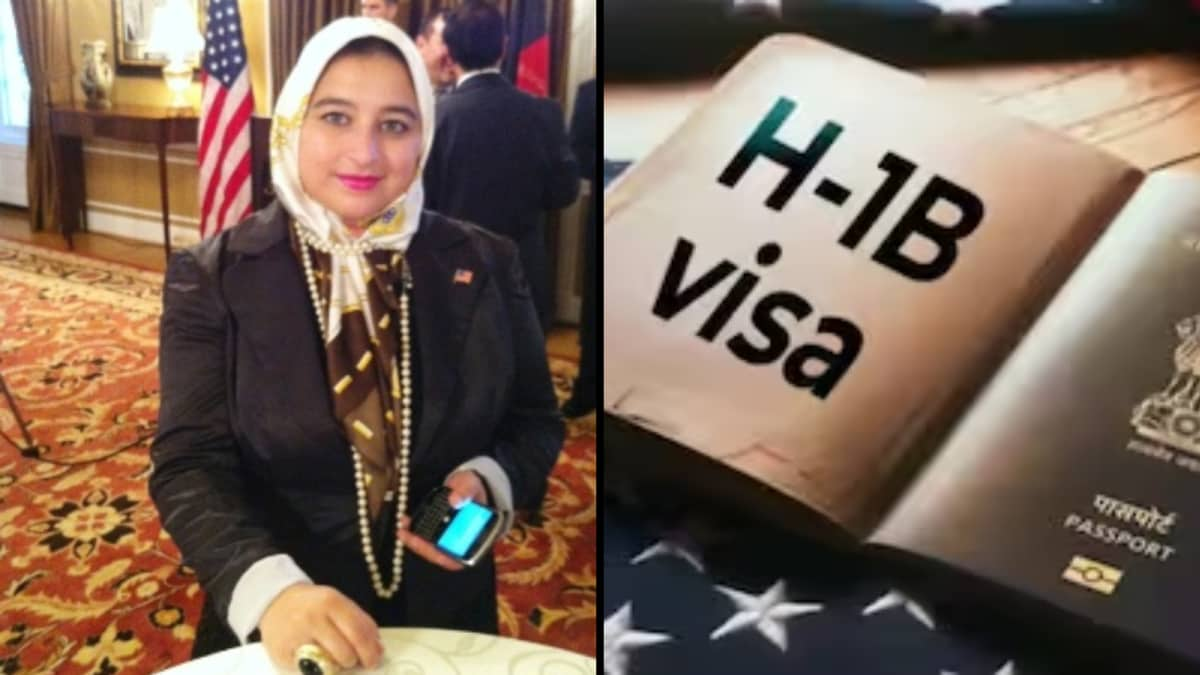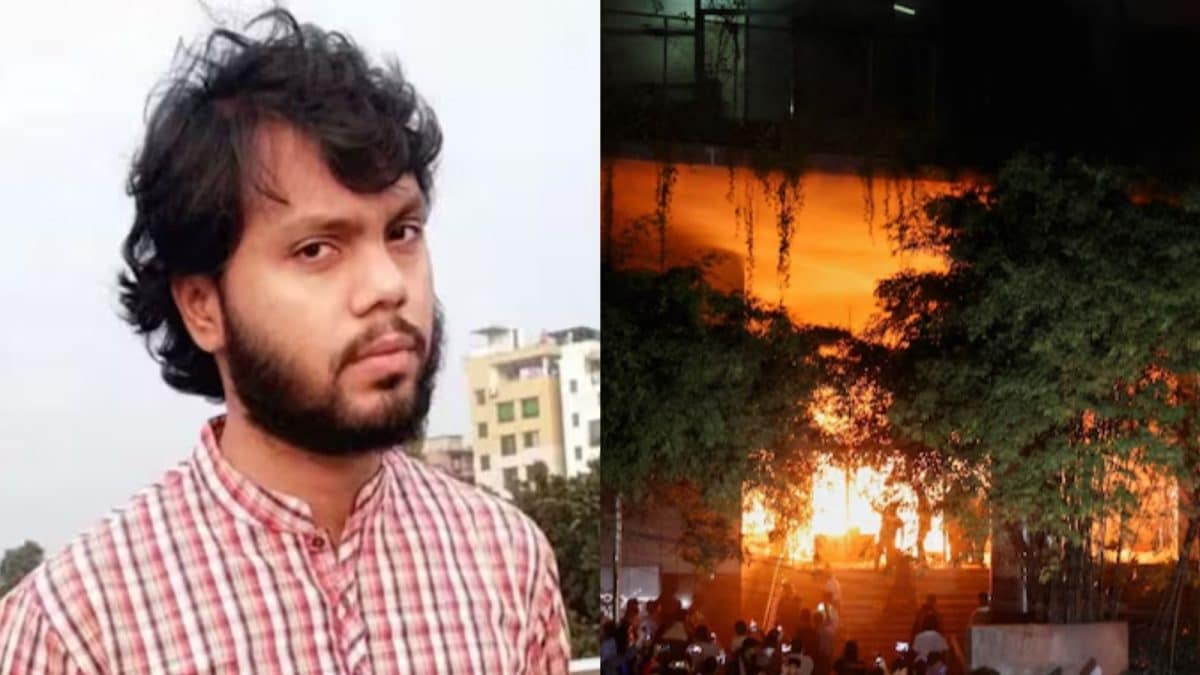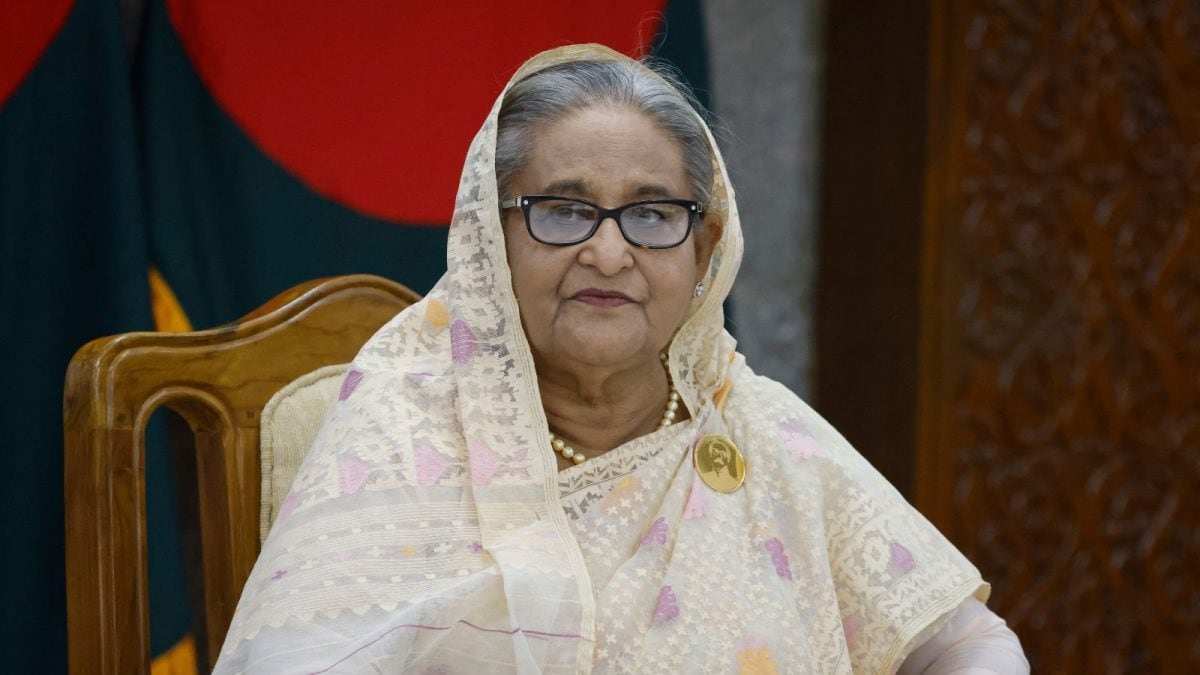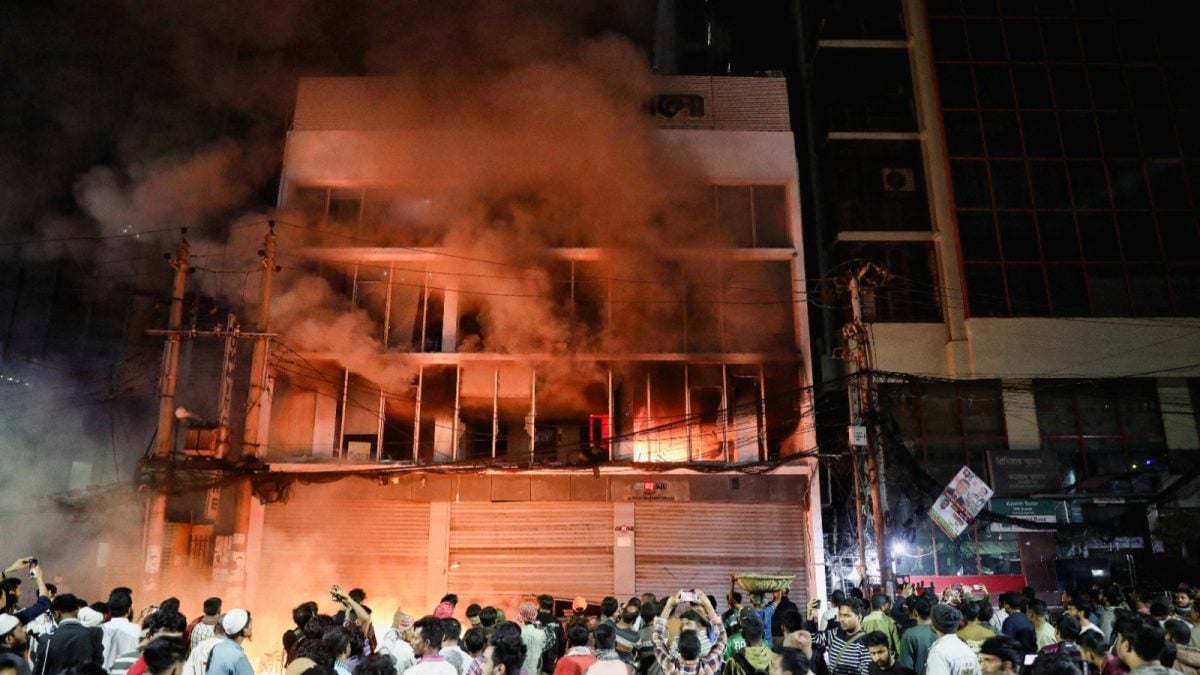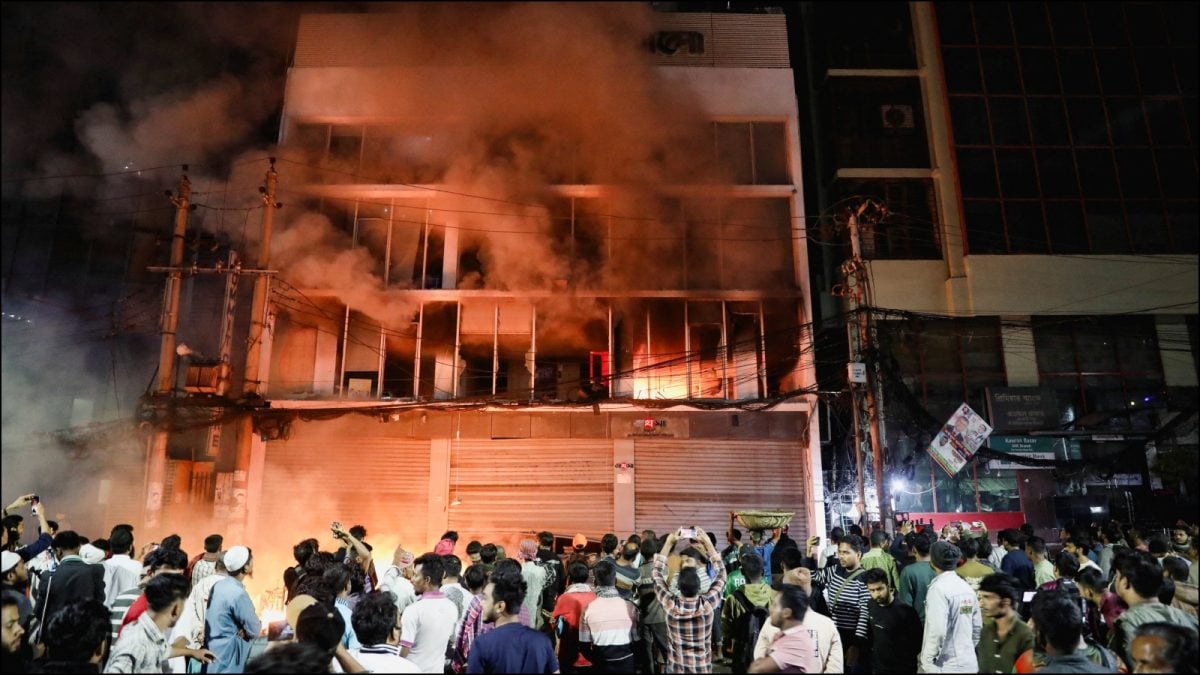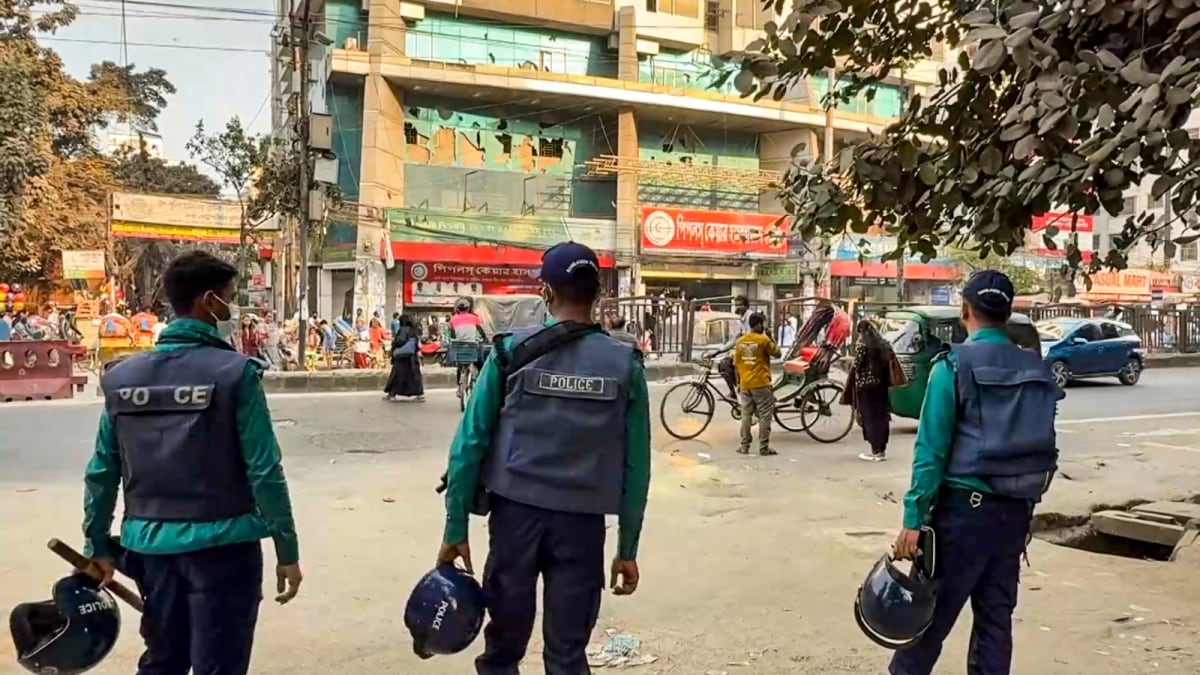Last Updated:October 22, 2025, 08:46 IST
The abolition of Kafala forms a crucial part of Crown Prince Mohammed bin Salman’s Vision 2030, a strategy aimed at modernising Saudi society.

Saudi Arabia Ends Kafala System.
In a landmark decision, Saudi Arabia has officially abolished its decades-old Kafala system, a controversial labour sponsorship framework that governed the lives of millions of foreign workers for more than seven decades.
Announced in June 2025, the reform marks a historic step toward enhancing migrant welfare and labour rights across the kingdom. The move is expected to directly benefit around 13 million migrant workers, most of whom come from South and Southeast Asia.
What is Kafala?
The term Kafala, derived from Arabic meaning “sponsorship", had long symbolised an unequal power dynamic between employers and migrant employees. Introduced in the 1950s, the system was initially intended to regulate the influx of foreign labour during the Gulf’s oil boom. Under this model, each worker was tied to a local sponsor, or Kafeel, who controlled their residency, employment, and legal status in Saudi Arabia.
Over time, the Kafala framework became notorious for abuse and exploitation. Employers often seized workers’ passports, delayed or withheld wages, and restricted their freedom of movement. Migrant employees could not change jobs, travel abroad, or approach the authorities without their sponsor’s permission, leaving them vulnerable to exploitation.
Human rights organisations saw the system as “modern-day slavery", arguing that it stripped workers of basic freedoms and protections. Domestic workers, especially women, were among the most affected, often living in isolation and facing overwork, non-payment, and physical or emotional abuse.
Saudi’s dependence on foreign labourers?
The Labour Organization (ILO), global NGOs, and several foreign governments had long called for reform, accusing Gulf states of enabling forced labour and human trafficking under the guise of sponsorship.
With an estimated 13.4 million migrant workers, nearly 42 per cent of its total population, Saudi Arabia has been heavily dependent on foreign labour in sectors such as construction, agriculture, and domestic work. Most of these workers hailed from India, Bangladesh, Nepal, and the Philippines.
The decision to scrap the Kafala system follows years of international scrutiny and regional reform trends, including Qatar’s landmark labour law changes before hosting the 2022 FIFA World Cup.
How will abolishing Kafala affect migrant workers?
The abolition of Kafala forms a crucial part of Crown Prince Mohammed bin Salman’s Vision 2030, an ambitious national strategy aimed at modernising Saudi society, diversifying the economy, and improving its global reputation.
Under the new contract-based employment framework, migrant workers will now have the freedom to change jobs without needing their employer’s approval. They can also leave the country without exit visas or sponsor consent, a move expected to end the cycle of entrapment faced by many.
The reforms also provide greater access to labour courts and complaint mechanisms, allowing workers to report violations and seek justice without fear of retaliation.
By dismantling the Kafala system, Saudi Arabia aims to align its labour practices with international standards and improve its image as a fair and progressive employer.
Shuddhanta Patra, a seasoned journalist with eight years of experience, serves as Senior Sub‑Editor at CNN News 18. With expertise across national politics, geopolitics, business news, she has influenced public...Read More
Shuddhanta Patra, a seasoned journalist with eight years of experience, serves as Senior Sub‑Editor at CNN News 18. With expertise across national politics, geopolitics, business news, she has influenced public...
Read More
First Published:
October 22, 2025, 08:46 IST
News world Saudi Arabia Abolishes Kafala System, Frees 13 Million Migrant Workers From Restrictive Rules
Disclaimer: Comments reflect users’ views, not News18’s. Please keep discussions respectful and constructive. Abusive, defamatory, or illegal comments will be removed. News18 may disable any comment at its discretion. By posting, you agree to our Terms of Use and Privacy Policy.
Read More

 1 month ago
1 month ago

